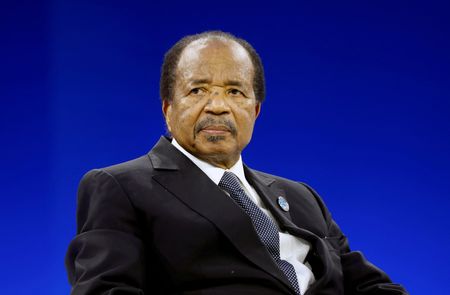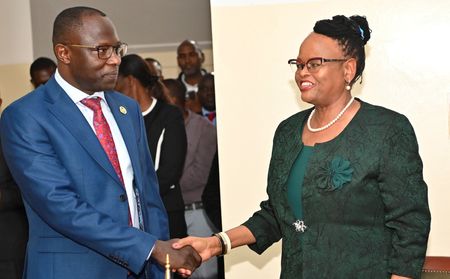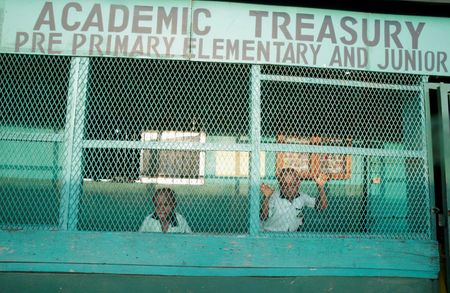By John Irish
PARIS (Reuters) – France’s foreign ministry said on Thursday the Burkina Faso government was fully aware of the risks of working with mercenaries from Russia’s Wagner Group after Ghana alleged on Wednesday that Ouagadougou had hired the group.
Paris and its European allies pulled thousands of troops countering Islamist militants in neighbouring Mali earlier this year as relations deteriorated with the military junta after it agreed a deal with Wagner, which is staffed by Russian army veterans, to operate in the country.
Speaking to reporters alongside U.S.
Secretary of State Antony Blinken on Wednesday, Ghana’s President Nana Akufo-Addo alleged that Burkina Faso had hired the mercenaries.
“Today, Russian mercenaries are on our northern border. Burkina Faso has now entered into an arrangement to go along with Mali in employing the Wagner forces there,” he said.
“I believe a mine in southern Burkina has been allocated to them as a form of payment for their services. Prime minister of Burkina Faso in the last 10 days has been in Moscow. And to have them operating on our northern border is particularly distressing for us in Ghana.”
Reuters could not immediately confirm the information.
Officials from Burkina Faso did not immediately respond to requests for comment.
In a response attributed to Wagner founder Yevgeny Prigozhin, he did not directly address Ghana’s concerns.
But he accused Western governments, their intelligence services including the CIA and armed United Nations missions of carrying out some of the offences Wagner has been accused of in Africa, including possessing vast mineral resources, carrying out illegal mining and arranging coups.
“Wagner must be invulnerable to protect those whom Western hawks are trying to humiliate, rob or destroy,” he said.
France has been particularly angered by Wagner’s role in Mali, but also in Central African Republic and Mozambique.
When asked if France could corroborate Akufo-Addo’s comments, Foreign Ministry spokesperson Anne-Claire Legendre told a news conference that Paris and its European partners continued to be available to cooperate with Burkinabe authorities if they wished and without ambiguity in what she described as a “worsening security and humanitarian situation”.
“With regard to Wagner, our message is well known, Wagner has distinguished itself in Africa by a policy of predation, a policy of plundering, which harms the sovereignty of states,” she said.
“The Wagner militia has distinguished itself particularly in Mozambique, the Central African Republic, and Mali; this is obviously known to the Burkinabè authorities.”
In the past Wagner has not responded publicly to such allegations.
Legendre declined to give any information on whether Paris was aware of a deal.
Burkina Faso has not said publicly that it would consider hiring Wagner mercenaries.
In October, a senior U.S. official said the country’s interim President Ibrahim Traore had assured U.S. diplomats he would not invite Wagner into the country.
A European diplomatic source told Reuters the bloc was aware of contacts between Burkina and Wagner, but could not confirm whether an accord had been struck.
(Editing by Frances Kerry, William Maclean)








